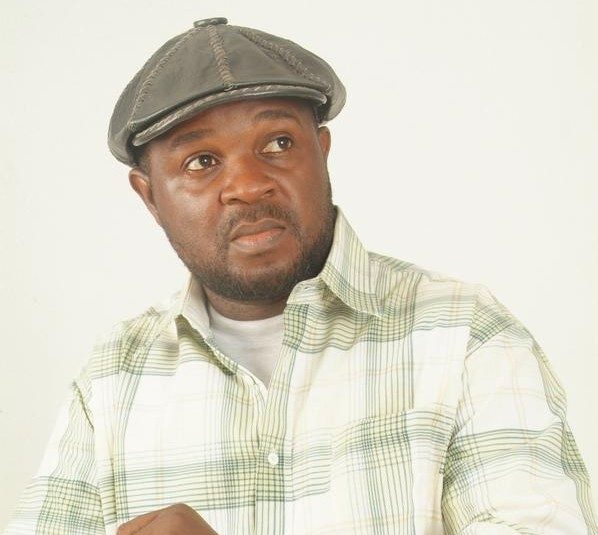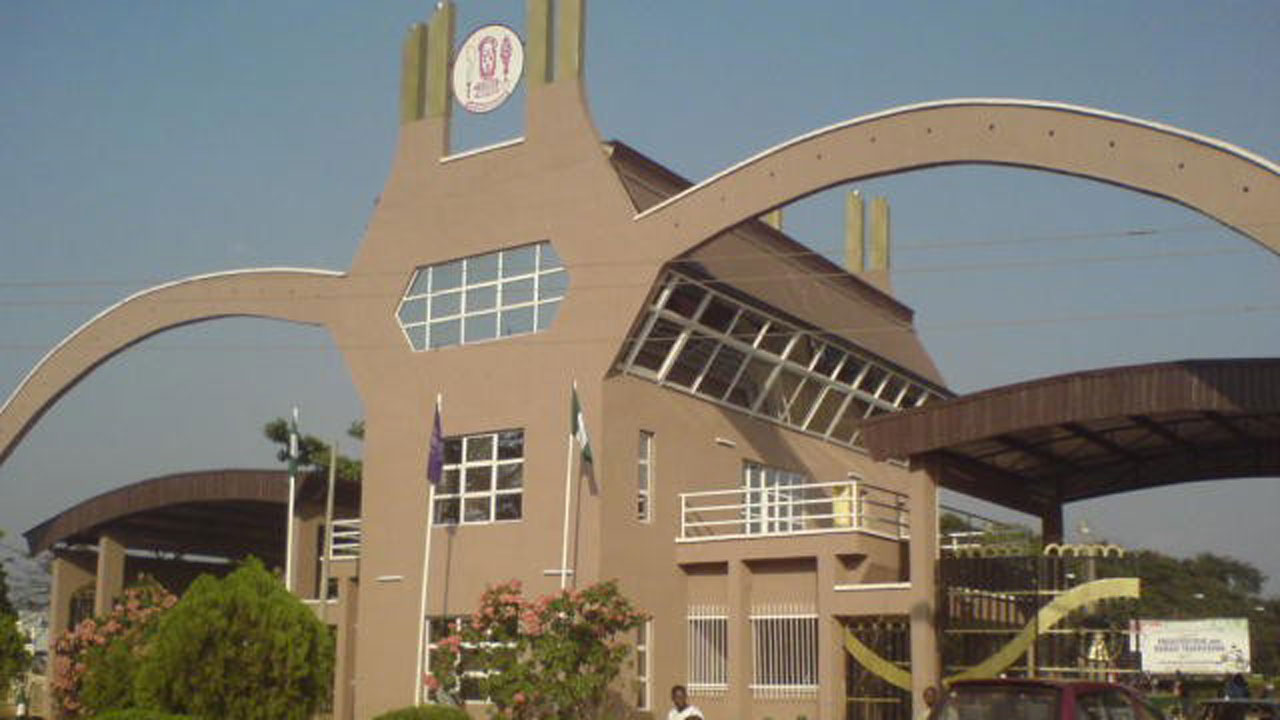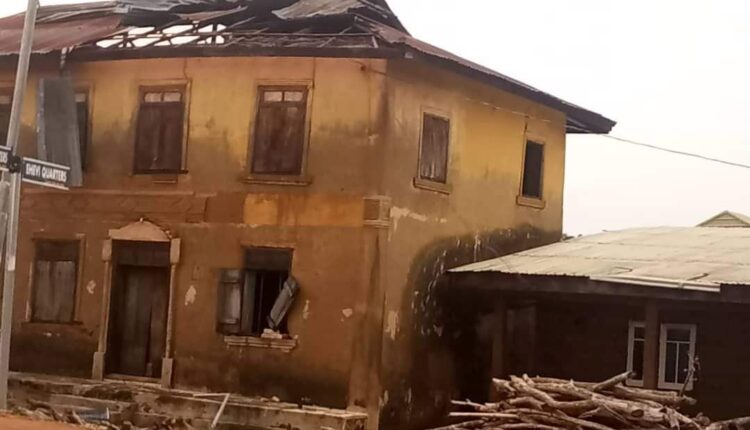A popular gospel singer, Buchi Atuonwu, simply known as Buchi, has revealed how God saved him from firing squad.
During an interview on Channels Television’s Morning Brief program on Friday, Buchi said he and some other people were already lined up for execution by the firing squad.
He said despite not being religious, his desperation to be alive made him call on God and make a promise to dedicate his life to serving Him in exchange for his life if spared.
He narrated, “At a point in my life, we were laying up for execution. Indeed, the people who were to execute us were already kneeling, ready to fire. It is true that I called out to a God that I didn’t know, saying if you save me, I will serve you. Since we don’t have all the time, let me just say that He saved me from that firing squad.
READ ALSO: How I Formed Kidnap Gang During My 11yrs In Prison- Suspected Kidnapper
“Then I devoted my life to serving him. To see that my music is not empty and that it becomes an extension of a classroom for me having been a teacher in the university. The stage became an extension of the classroom. Who says musicians can not sing about GMOs, government policies, trends, events, and happenings that inform the quality of life of the people?”
Speaking on what influenced his choice of music, Buchi said his background and an intention to make a change after being spared from death were the factors responsible for his style of music.
“I come from a peculiar background. Night club DJ and at the same time a university lecturer and transiting to the choir of a church having been involved in the campus confraternity, drug abuse, and youth violence amongst others.
“My kind of music has to be somewhat different. Influenced by that background and also with an intention to make a change, it led me to the kind of stories that you are referring to. Stories that manured the songs that I put out, such as gun running and violence,” he stated.
READ ALSO: Man Jumps Into Lagoon, Dies After Being Chased By Mob For Alleged Stealing
No relationship between reggae music and weed
Speaking on a controversial comment that every musician must use performance-enhanced drugs to perform at their best, Buchi said it is a narrative sold by people, adding that there is no relationship between reggae music and weed.
“It is a narrative sold by people interested in the matter. It’s like saying to watch a good movie, I need popcorn. yes, they go together, people buy it and do it. They practice it. It is also like saying to watch a good football match. I need a particular kind of drink with me.
“It is okay to sell your products and ideas but I don’t have to accept it absolutely because I know that I can watch a good movie without popcorn and I can also watch a good football game without the drinks in question. In the same way, there is no relationship between reggae music and weed.
READ ALSO: Lawyer Drags NERC, AGF, Minister Of Power To Court Over Electricity Tariff Hike
“Yes, I have been there, and now I am here. I know for sure that the substances that I took at that time did not enhance my performance. It is true that you have to be in a certain state of mind to give your best, but drugs don’t take you there. There are so many other things like deep thinking and concern for what you are that can take you there.”
In January, the music star refuted claims that his genre of music— reggae was connected to his past romance with marijuana.
His response followed criticisms from those who questioned the inspiration behind a book he published.
PUNCH

 News4 days ago
News4 days ago
 Headline5 days ago
Headline5 days ago
 Entertainment4 days ago
Entertainment4 days ago
 News4 days ago
News4 days ago
 Headline5 days ago
Headline5 days ago
 Metro4 days ago
Metro4 days ago
 Headline5 days ago
Headline5 days ago
 Headline3 days ago
Headline3 days ago
 News3 days ago
News3 days ago
 Headline3 days ago
Headline3 days ago































